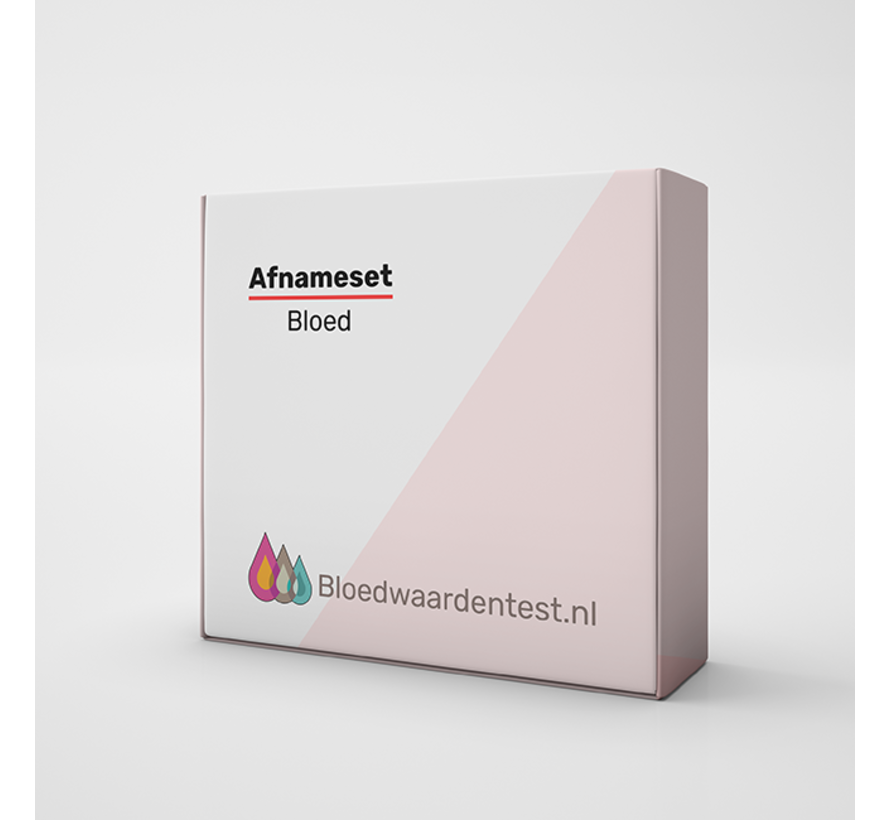Superoxiddismutase Activity (SOD).
Superoxiddismutase Activity (SOD) from EDTA purple tube.
Oxidative stress occurs when there is an imbalance between the production of free radicals and the body's ability to neutralize them with antioxidants such as superoxide dismutase (SOD). Free radicals are unstable molecules that can damage cells, and they are increased by factors such as pollution, smoking, poor diet, and stress.
Oxidative stress can contribute to the development of chronic diseases such as heart disease, cancer, and neurodegenerative disorders. People with genetic predispositions or mutations may have a reduced capacity to neutralize free radicals, making them more susceptible to oxidative stress. This can be measured by determining the activity of enzymes such as SOD.
The SOD test specifically measures how well this enzyme functions in neutralizing free radicals. If there are abnormalities, for example due to genetic mutations, SOD activity may be reduced, resulting in increased oxidative stress. This increases the risk of cell damage and contributes to the development of various diseases.
In summary, genetic predisposition and mutations can affect your body's ability to fight oxidative stress, which is important to measure in understanding your health risks. The SOD activity test is a useful measure to evaluate this ability and gain insight into your overall oxidative stress status.
Category: Antioxidants
Test Material: 1 ml EDTA blood
Reference values: 1200 - 1800 U/g Hb
Method: photometry (PHOT)
Clinical Indication: Evaluation of enzymatic antioxidative capacity.
Interpretation: Increased values indicate oxidative stress due to enzyme induction. Measured in Units/g Hb.
Performance: Performed in an accredited laboratory (ISO 15189).
Updated on: 06.08.2024








